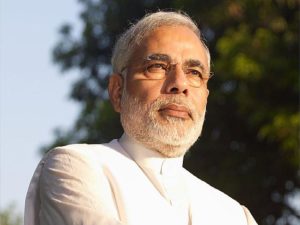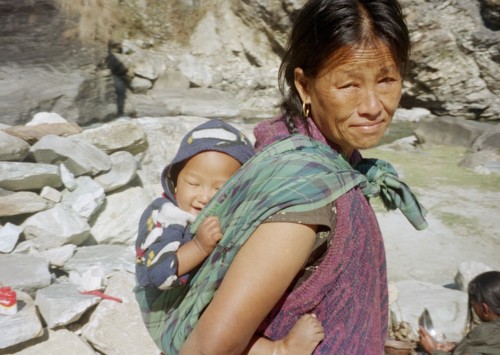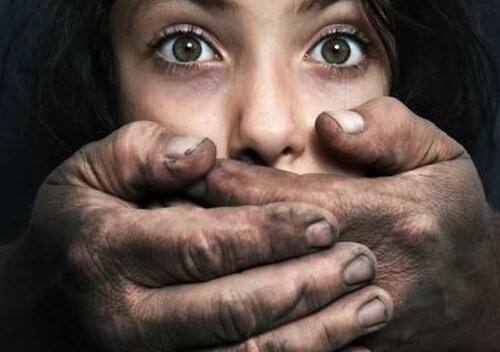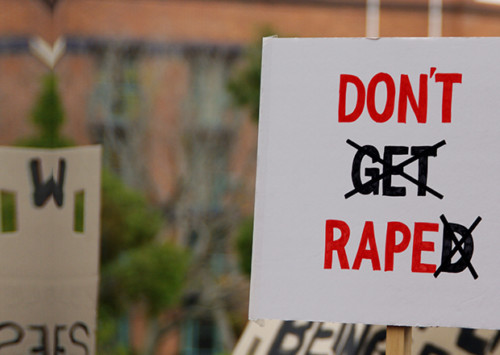Indian PM questions validity of ‘Triple Talaq’
Indian PM Narendra Modi shared his views on the practice of ‘Triple Talaq’, which has added another shade to the ongoing debate within India to explore the future possibility of a Uniform Civil Code.
The Supreme Court of India received a petition earlier this year, that is currently being heard, in relation to the practice of ‘Triple Talaq’. Made by women’s rights activists, it came as a request to the court to declare ‘Triple Talaq’ (unilateral and instantaneous divorce as practiced by certain Muslim communities) unconstitutional, raising questions over the need for a Uniform Civil Code that would be applicable on all citizens of India. Currently, the Indian Constitution provides a ‘Personal law’ wherein acts such as marriage, divorce and inheritance are largely left open to religions to decide upon, which as has been argued, often results in patriarchal discriminatory acts which infringe the fundamental rights of women. Although a Special Marriage Act exists, religious communities mostly stick to Personal Laws to deal with these issues.
Yesterday, in a rally speech in Uttar Pradesh, a northern Indian state heading to elections soon, Indian PM Narendra Modi said, “The issue of talaq has come up. Any Hindu who commits female foeticide will have to go to jail. Similarly, what is the crime of my Muslim sisters that someone says talaq to over the phone and her life is destroyed?” Insisting on the need for the de-politicisation of the issue, Modi appealed to the Muslim women in the country, “Politics and elections have their own place but getting Muslim women their rights as per the constitution is the responsibility of the government and the people.”
Talaq, Talaq, Talaq
The Indian constitution, in an attempt to integrate and accommodate the large number of religions followed in the country, provided for a ‘personal law’ initially to address matters pertaining mostly to marriage, divorce and inheritance. This law, left open to specific religions, has seen many changes over the years and grown contentious with time.
The ‘triple talaq’ petition has brought to light the regressive method of divorce that some Muslim women are subjected to. Many countries, including neighbours Pakistan and Bangladesh, have banned the practice which permits a man to divorce his wife by unilaterally declaring divorce, but this practice goes on in the secular and democratic India. A report by Mumbai-based Bharatiya Muslim Mahila Andolan in 2015 revealed that 92 pc of the Muslim women wanted a ban on verbal and unilateral talaq. However, among the opposing parties over the ongoing judgement pertaining to the petition seeking to ban ‘Triple Talaq’ in the court is the All India Muslim Personal Law Board, all of whose 41 members of are men and claim that the personal Muslim Law cannot be changed.
Uniform civil code?
Decisions pertaining to the unconstitutional nature of the practice of ‘Triple Talaq’ led the Supreme Court of India to open the debate to the public earlier this month, over whether a Uniform Civil Code should be adopted. This proposed code refers to a set of legislations that would be applicable to every citizen, irrespective of their religious affiliation. While it is being hailed as a progressive and much-needed step by some, others stress on the infringement of religious freedom that such a code could possibly result in.
Many citizens on social media also brought to attention what they perceived as the hypocrisy of the Indian PM in making such a tough stand on the issue of a Uniform Civil Code in respect to women’s rights, as he himself is known to have apparently abandoned his wife, Jasodaben.
#JusticeForJasodaben A woman who has lived virtually all her life waiting for her legally wedded husband. Is this Hindu law 4 married women?
— RKHURIA (@rkhuria) October 25, 2016
The code in question is yet to be formulated, however, and there are also organisations and individuals pushing for respective reforms in ‘Personal Laws’ to ensure gender justice rather than a blanket solution for all communities which might not be suitable for the social fabric of the country as it exists at the present moment.















